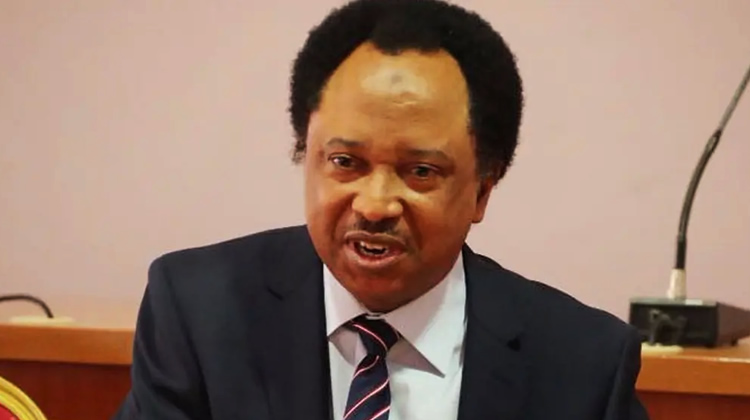
• REA commences $750m World Bank project
Minister of Power, Adebayo Adelabu, has assured Nigerians of a reduction in the cost of electricity.
He said that the reduction would follow current effort to step up generation and distribution of power in the country.
The minister gave the assurance when he received the management team of the National Lottery Trust Fund, yesterday in Abuja.
Adelabu maintained that the country’s electricity cost was still the cheapest compared to other African nations, such as Togo, Mali and Niger Republic.
He stressed that electricity was cheaper than running petrol or diesel generators due to the prices of the products.
Adelabu expressed the readiness of the ministry and its relevant agencies to collaborate and work with Trust Fund to achieve the objective, noting that the renewable power project of the ministry was established to address the areas of the country that the grid did not cover.
“We will be very happy to work and partner with you on this project. We have agencies that are driving this renewable power project, using solar, wind and other alternative sources of power supply, where the grid cannot reach. Such agency is our Rural Electricity Agency (REA) and they will be of great value to you in this project.
“All over the world today, we are faced with two basic issues and these are food and energy securities. We can see that the cost of gas is going up globally due partly to the war between Russia and Ukraine.
“However, we must be committed to providing electricity to our rural people, particularly the youths. We can see that even those of them who have learnt skills have abandoned those skills and are now riding okada for quick money,” he said.
The Executive Secretary of the National Lottery Trust Fund, Tosin Adeyanju, informed the minister that as part of the Renewed Hope Agenda of President Bola Tinubu, the agency was working to make youths, particularly in the rural areas, to be productive by training them on how to assemble one kilowatt of solar energy.
“We have come to you to seek partnership with you on how we can train our rural people, particularly the youths, on how they can assemble one kilowatt of solar energy. This will help a long way in addressing youth restiveness by creating employment for them, particularly those who have acquired skills such as hair dressing, vulcanising, welding and so on,” he said.
MEANWHILE, the Rural Electrification Agency (REA) has announced the commencement of a $750 million electricity project in November, funded by World Bank, and aimed at providing power to 17.5 million Nigerians.
The Managing Director of REA, Abba Abubakar Aliyu, disclosed this during an interview on Channels Television’s Sunrise Daily programme, where he explained that the Distributed Renewable Energy Scale Up project was targeted at providing electricity for up to 17.5 million Nigerians using renewable energy source.
He said the project was estimated to last for five years and was built on successes recorded from similar projects in the past, which cost $550 million and funded by the World Bank and the African Development Bank (AfDB).
“Of the targeted Nigerians to provide electricity to, three million will be from isolated mini grids, 1.5 million from interconnected mini grids while the others will be electrified via marched grid and stand-alone solar systems.
“There is a new project that we are starting next month called Distributed Renewable Energy Scale up project which is a $750 million financed by the World Bank.
“The target of that project is to electrify 17.5 million Nigerians, and I must say that this is one of the most ambitious project in the world based on my understanding from India that has moved many unelectrified people to have access to electricity,” he said.
Recalled that in December last year, World Bank approved the Nigeria Distributed Access through Renewable Energy Scale-up (DARES) project, funded by a $750 million International Development Association (IDA) credit to attract over $1 billion dollars in private capital and additional financing from development partners.
Aliyu added that the project was estimated to last for five years, built on successes recorded from similar projects in the past, which cost $550 million and funded by the World Bank and the African Development Bank (AfDB).






